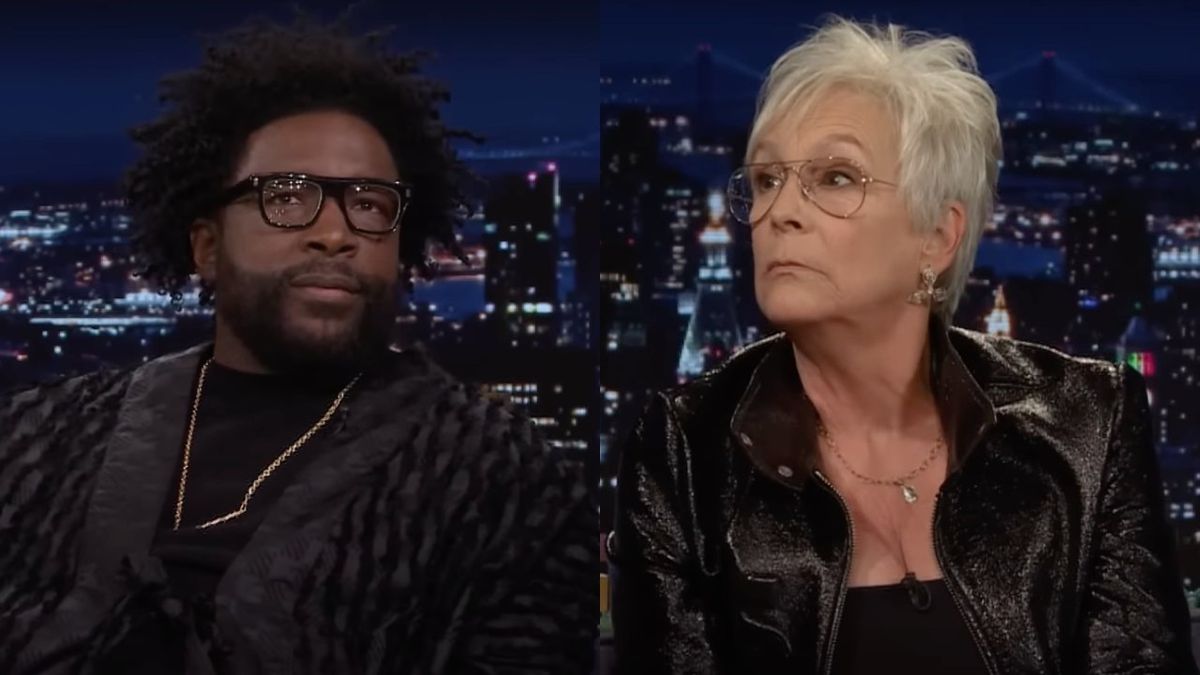I don’t mean this to sound melancholy, but I haven’t spoken to my father since he died. I know a lot of people do that with their dead, but it’s not in me. He’s not there anymore—definitionally—and it feels like cheating to make him up as I would a fictional character. Too easy, too narcissistic, too small, and that last in particular. However well I knew him, the homunculus version I still carry around in memory is barely a single leaf from the text. I’m left with myself: the person created by my parents and by my own continuing encounter with the world, first with them and now without. I am the only ghost of them I will ever know.
Which made this book something like a benign, elective haunting. I stood over George Smiley’s world and built it anew: his friendships, his conviction, his disastrous yet loving marriage. I let the differences between myself and my dad—which sons and fathers insist upon, but which, despite very real variations and radically different lives and choices, are only ever part of the story—fade away. I know the rhythm of his voice. I know he distrusted Latin and favored German; that he admired Conan Doyle, as I do, and Wodehouse and Dickens. I can quote his occasional misquotations from his favorite stories. I know him, to the extent that any human being knows another.
That said, I’ve spent my professional life, for good and sufficient reason, drawing a clear line between his work and mine, and been so successful in doing so that people are still startled to find out we’re related. In writing Karla’s Choice, I let that piece of self-protection go and turned my face toward the Smiley novels as I might toward any other fictional universe I was working with. Writing is instinct, not cognition. You take an idea and make it into words, but first you have to taste it. In Gnomon, the flavor was layered mystery, every line a puzzle of itself; in Titanium Noir, the stark, bone-dry irony of crime in a city where billionaires grow physically immense in a mirror of their consumption. In Smiley’s world, you have to drink deep to know what you’re getting, because even as every character springs to life from a cursory sketch, almost everything is left intentionally blank: People only say what they mean when they’re confident they will be misunderstood; truth is what they all want and dare not give. The core of my father’s writing is the lie—not that everything is deceptive, but that anything could be, and yet we believe in one round, unhappy fellow in glasses to show us that it is possible to know the truth, and even to do something worth doing with it.
The trick, I think, to my father’s complex, shadowy novels, is very simple. You have to let the writer be exposed, and give voice to your fear, your grief, your love—and, in the end, to the thing every writer has and doesn’t dare admit: your hope.
Photo of Nick Harkaway by Nadav Kander.







